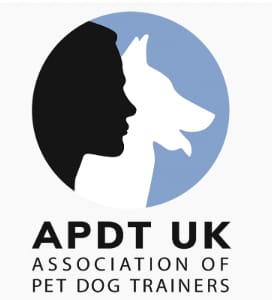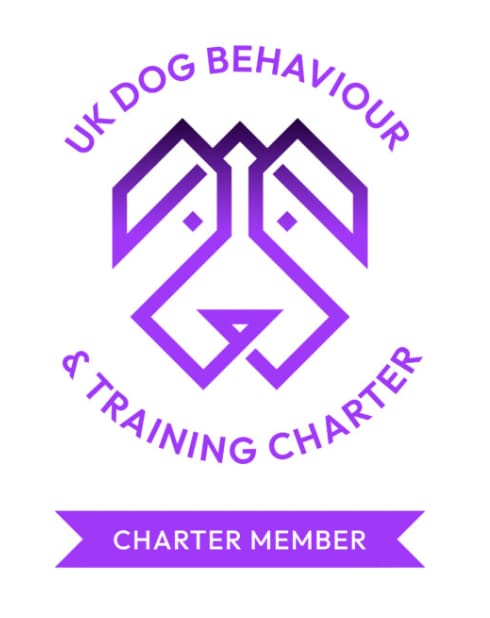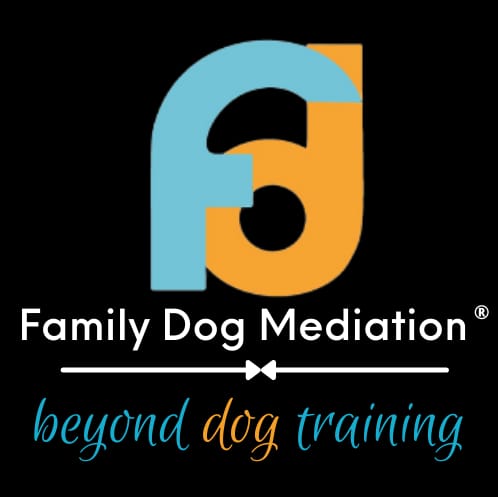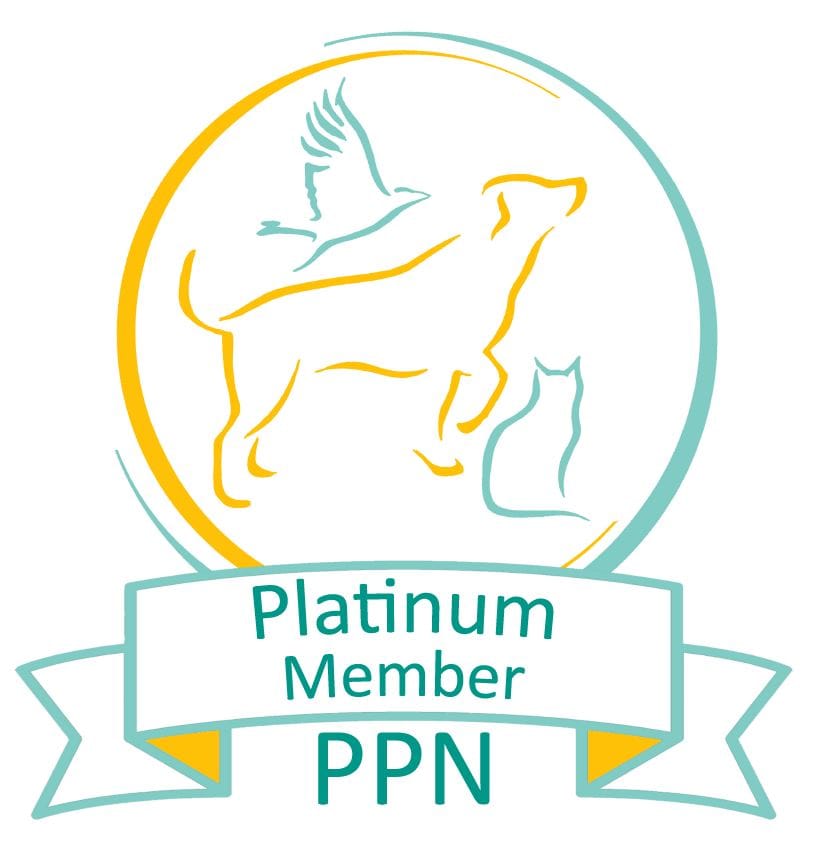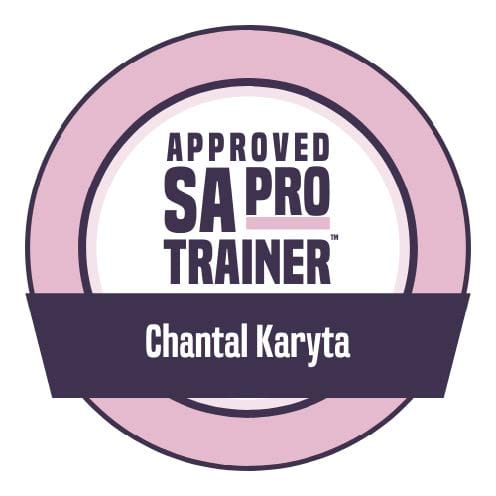How To Start Puppy Training
14/02/2022 - Blog
Some trainers will tell you that puppy training starts from the moment you walk away from the breeder’s home with your new fur baby in your arms. But I think it starts BEFORE then, as you prepare to welcome puppy into your home. Here’s how to start puppy training the CK9 way.
Preparing to start puppy training
Bringing a puppy home is one of the most joyful, exciting and memorable things you’ll ever do. It’s the start of a wonderful new friendship and you have so much to look forward to. But as cute and cuddly as they are, puppies don’t stay young forever and some of the things that seem adorable in their first few weeks with you, can easily turn into unwanted behaviours. So, before you get carried away with the excitement of getting to know your pup, plan how you will start puppy training. And then stick to the plan.
You’ve met your puppy and you have a date fixed to collect him or her from the breeder - what next?
Training your actual puppy MUST start from the moment you collect him or her from the breeder. And that means that you’ll need to have everything in place beforehand.
Setting the house rules
Let’s start with the ground rules - after all, it’s much easier to never let a behaviour develop than it is to correct it later. In other words, start puppy training by setting your little one up to succeed.
Things like toilet training, walking nicely on the lead and recall can be introduced over time, but every dog needs good manners. The earlier those lifeskills are developed, the better the long term relationship with your pet will be.
So your first task is to have everyone in the household agree on what basic manners your pup needs to learn.
For example
- Where would you like your dog to sleep at night?
- Will your dog be allowed on the furniture?
- Are there areas of the house that you want to keep as dog free zones?
- How will puppy travel in the car? In a crate? Behind a dog guard? Or safely strapped into the back seat (it’s illegal in the UK to travel with your dog loose in the car)
- What about your meal times? Are you happy for your dog to be begging at the table? Or would you prefer him or her to snooze and let you enjoy your meal in peace?
- Is your dog going to be allowed to jump up at visitors?
- What about licking faces? Are your happy with that or not? It’s your choice!
- Other pets - how do you want puppy to behave around cats, bunnies etc?
- Which vet will you go to when it’s time for vaccinations and health checks? Do they offer special puppy packages?
- What about puppy training classes? They can get booked up quickly - it’s worth making enquiries now and asking about help with pre-vaccination training.
Remember - little things like jumping up and “kissing”, whilst they are adorable in a puppy, they’re not always welcomed from adult dogs - especially if you have a big dog, or if your pet is greeting young children.
What equipment will you need for puppy training?
Aside from the obvious bits and pieces your pup will need - harness, lead, bowl, bedding - have a good think about what pieces of equipment you might need to help you manage puppy’s behaviour?
A healthy pup is curious and will love to explore his or her new home. You can’t possibly watch your puppy 24/7 so how will you ensure he or she stays out of mischief while you are busy elsewhere?
I find that a large crate or a pen is perfect for keeping puppy (and your chewable furniture) safe from harm. Make it a wonderful place to be. Put it somewhere that puppy can sleep undisturbed but still feel connected to the family if needs be. Create a comfy sleeping area and pop in some safe toys.
Crates are also really helpful when potty training puppies - they tend not to mess their own beds. A crate deal for short periods of time when you’re too busy to watch for signs that pup needs to ‘go’….but don’t expect them to hold their bladder and bowels for hours on end.
If you opt for a crate, you might also want to use it in the car. Measure the space in your car before investing in a travelling crate though. Cars and crates come in all sorts of shapes and sizes.
Baby gates are a good investment if you don’t want puppy going upstairs or if you prefer to restrict play time to one room. Certainly, until a pup is reasonably reliable at toileting outdoors, I prefer to limit the amount of time they spend on carpets. Stick with washable surfaces!
Calming toys Its great to see a puppy romping around the house having a great time with their toys. But sometimes you just need them to chill out. Just like human toddlers, an overtired puppy can be a complete pest. So as well as fun toys, invest in tough playthings that encourage pup to relax.
For dogs of any age, the most relaxing thing they can do is chew. I recommend investing in a Kong or something similar that you can stuff with soaked kibble, mushed vegetables or frozen goodies. It’ll keep pup quiet and teach them how to settle themselves. A frozen stuffed Kong is also a helpful weapon against teething pain. And it can be used as a distraction if puppy decides to chew on something you don’t want him to ruin.
In the garden
Is your garden puppy proof? You’ll be visiting your garden more often than usual while you are toilet training your pup, so is it a safe/pleasant place for both of you?
First of all - are the fences secure? If pup sees someone or something interesting outside of the garden, is it possible for him or her to get through the fence to investigate?
Surfaces. Please don’t expect your puppy to step out on to burning hot patio slabs on a summers day. If you can’t stand on it barefoot, neither should your pet. An old piece of carpet can be used to create safe passage to the lawn. Be vigilant around artificial grass too - it can get very hot in summer.
Lighting. Yup, I’m afraid that toilet training your pup means you might have to stand outside in the dark while you wait for him or her to ‘go’. Have you got adequate lighting so that you can see where puppy is and what they’re up to?
Toxic plants - some garden plants are really dangerous to dogs - make sure puppy won’t have access to them.
Digging. Some pups love to dig and it’s a great form of enrichment. But it won’t enrich your life if your pet digs up your prize vegetables. Set your dog up to succeed by making important parts of your garden inaccessible to them.
How to start puppy training
- Once puppy comes home, establish a routine. It will make toilet training and learning manners much easier for them.
- Feed them at the same times each day and take them straight into the garden after every meal.
- Encourage them to nap at least twice a day by popping them into their pen for some quiet time with their chewy toy.
- If you don’t want puppy on the furniture, sit yourself on the floor for cuddle time - your puppy will be missing the physical closeness of his litter mates and being able to cuddle up to you will help to build a strong bond.
- Use their name and reward them every time they respond to it
- Never punish your pup - if they are being ‘naughty’ distract them. Stick with reward based training and they’ll soon learn what is and isn’t appropriate.
Let your pup settle for a few days before trying to teach behavioural cues such as ‘sit’. But do start work straight away on socialisation. Introduce puppy to all of the sights and smells of your home and garden, and if he or she is confident enough you can take them for a walk around the neighbourhood - held safely in your arms until those vaccinations are done.
Read more about puppy socialisation and early training in this article. https://www.ck9training.co.uk/blog/when-should-you-start-training-your-puppy/
What is reward puppy training and how does it work? https://www.ck9training.co.uk/faqs
Prepare for puppy’s arrival and ongoing training with our Ultimate Puppy Package - tons of advice, support and training for you and your new pet.
https://www.ck9training.co.uk/training-your-puppy/ultimate-puppy-package/
